





In February 2014, in gross violation of the principles of international law, the Russian Federation launched an armed aggression against Ukraine. As a result, Ukrainian territories were occupied: the Autonomous Republic of Crimea, Sevastopol, certain areas of Donetsk and Luhansk regions. Russia illegally annexed Crimea and unleashed hostilities in eastern Ukraine.
The armed invasion, as well as further activities of the occupation administrations, were beset by crimes against the life and health of people, freedom of conscience and belief, appropriation of state, public and private property, damage to the environment, regional and international security.


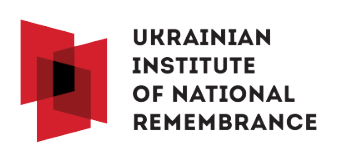

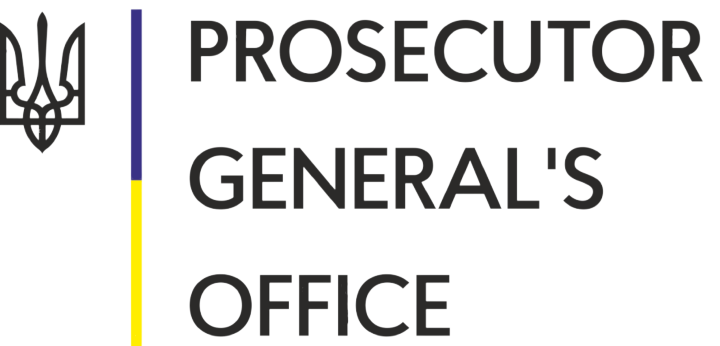
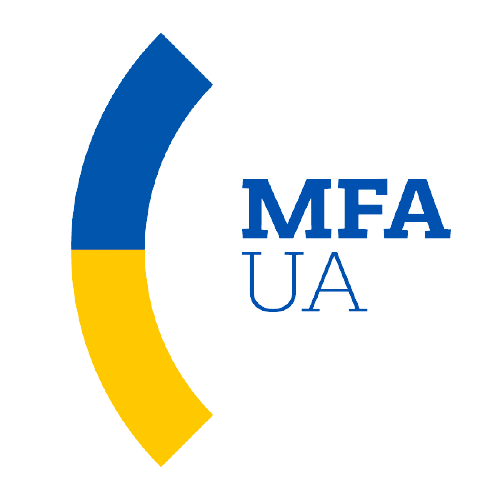
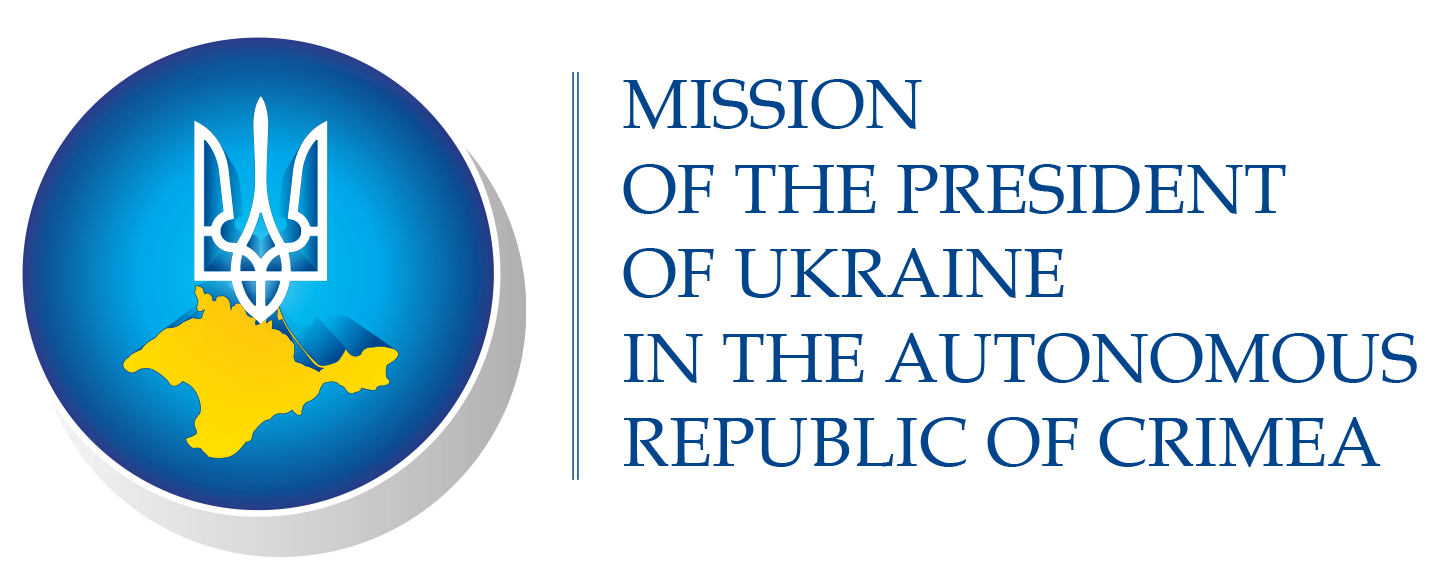
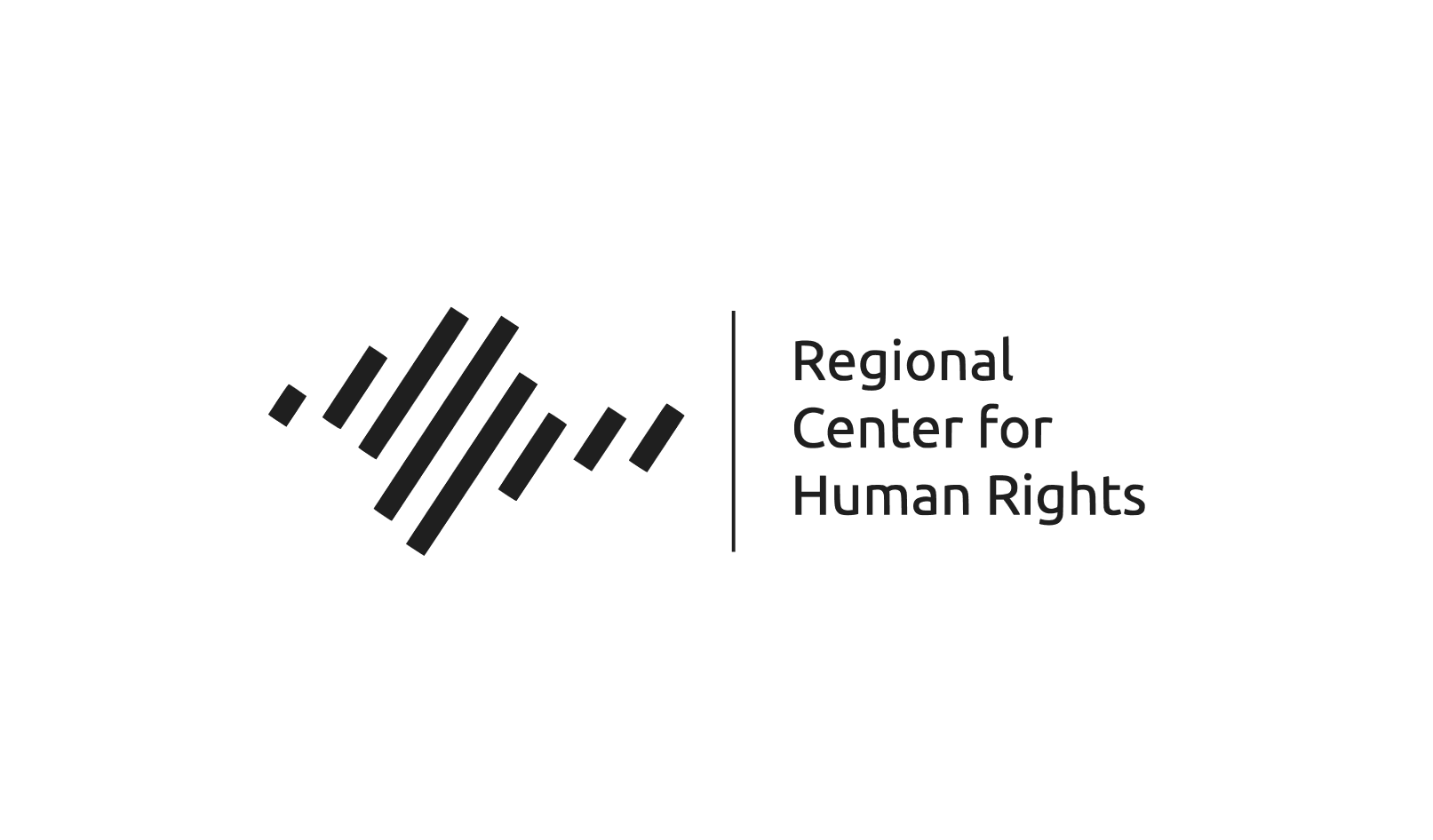
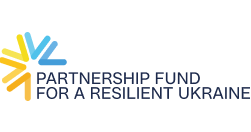
Numerous crimes of the occupation regime have been documented in the materials of the Autonomy Prosecutor's Office: premeditated murders, abductions, torture, persecution, hundreds of illegal searches and detentions of Ukrainian citizens on racial, religious and political grounds. Therefore, it is extremely important for the public to be able to obtain objective information about what is happening in Crimea after the occupation, to know the truth about the real human rights situation and other areas affected by the occupation, in particular cultural heritage, ecology, militarization of the peninsula, appropriation of public and private property, etc.
Documented by law enforcement agencies and numerous human rights organizations, the facts of Russia's armed aggression against Ukraine, on the one hand, serve lawyers and diplomats, in particular to maintain and increase sanctions pressure on the occupier, on the other - are grounds for prosecution. At the same time, as the events of the occupation gradually become history, they must be properly understood by society and become the subject of quality systematic work in the field of memory policy. That is why the Ukrainian Institute of National Memory is glad to support this project and make efforts to implement it properly. We also welcome the partnership between the state and the public sector and hope that this partnership will be an example of how by working together we can actually strengthen each other and achieve more.
This project will provide a link between the activities of NGOs documenting, in particular with the support of the Renaissance Foundation, crimes against humanity, war crimes and human rights violations in armed conflict, by transmitting information to the Office of the Prosecutor of the International Criminal Court. verified and accessible information about aggression, occupation and their consequences
On behalf of the President of Ukraine and in order to restore the territorial integrity of Ukraine, deoccupation and reintegration of the Autonomous Republic of Crimea and the city of Sevastopol, the team of the Mission works systematically to implement policies and principles of transitional justice. The right of everyone to know the truth about the events of the occupation of Crimea is, of course, one of the important and obligatory elements of our work in this direction. We are confident that the launched joint project will be not only an important step on the long road to justice, but also a powerful platform for combining the efforts of the state and non-governmental organizations on this path.